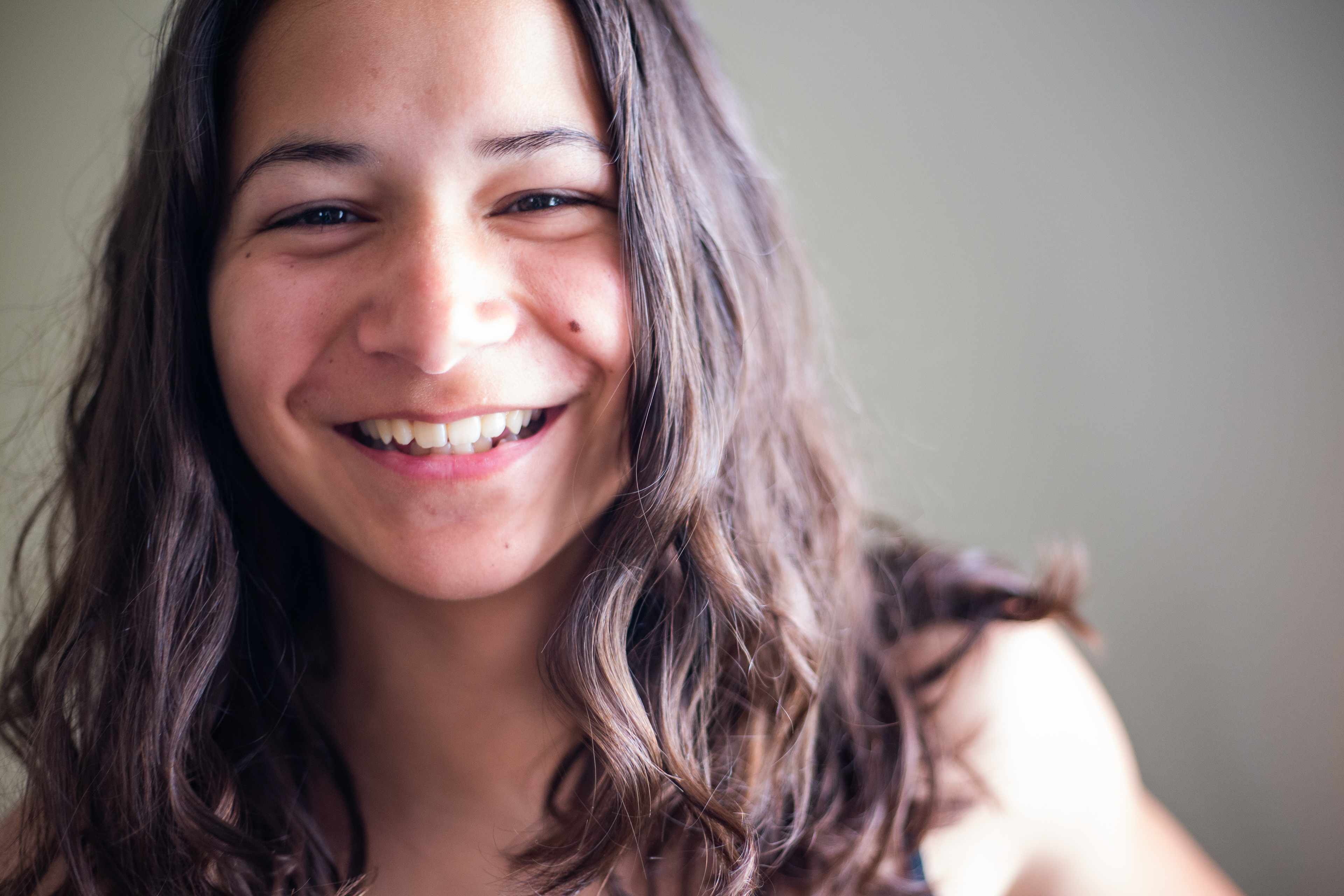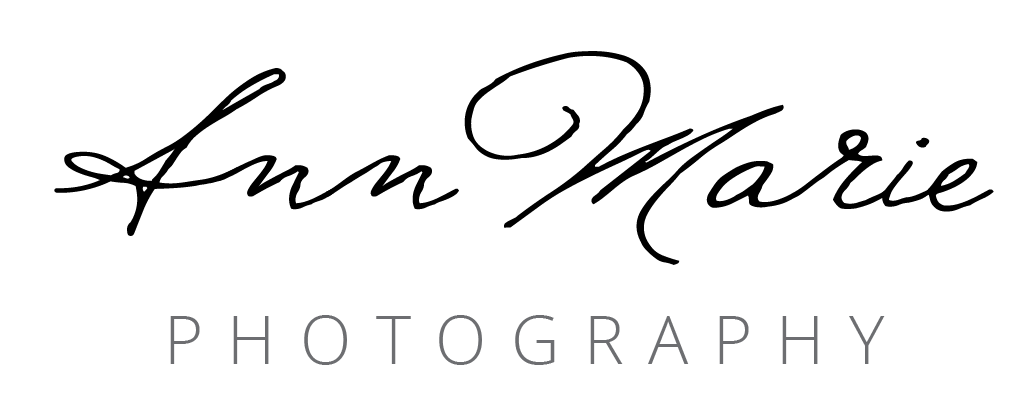Due to the influence of the media (social media, television, etc), individuals with acne or facial scars have been hidden and suppressed for years, causing them to appear uncommon. Instead of opening their doors to individuals with acne, the media keeps them out and instead highlights those with perfect complexion or retouched faces. For example, when scrolling through Instagram or watching a show on Netflix it is rare to see individuals with much acne, or any for that matter. Due to images portrayed through the media, individuals with acne are therefore caused to feel uncommon or weird when constantly being bombarded with images of individuals with perfect skin. Society is told to believe that natural beauty is characterized by those who have perfect, smooth skin when that in fact isn’t true.
Contrary to what is presented in the media, natural beauty isn’t solely individuals with perfect, smooth skin. Natural beauty is characterized as all individuals, regardless of skin conditions or imperfections. Individuals with acne or facial scars should be shown as and know that they are equally as beautiful as those with “perfect” complexion, and therefore should be as equally represented and welcomed in the media. Due to genetics or age, some individuals can be more prone to acne than others. These individuals therefore have more of a struggle in caring for their acne, having to often spend more time and money caring for and reducing their acne condition. For example, some individuals have to jump from one product to another to find what’s right for them, or go to aggressive measures in order to maintain their acne. Not only do they spend more time and money, but through the influence of media and the false images of “beauty” portrayed, these individuals feel added pressure to rid of their acne and conform to the standards of beauty presented.
*Model names have been changed for privacy reasons


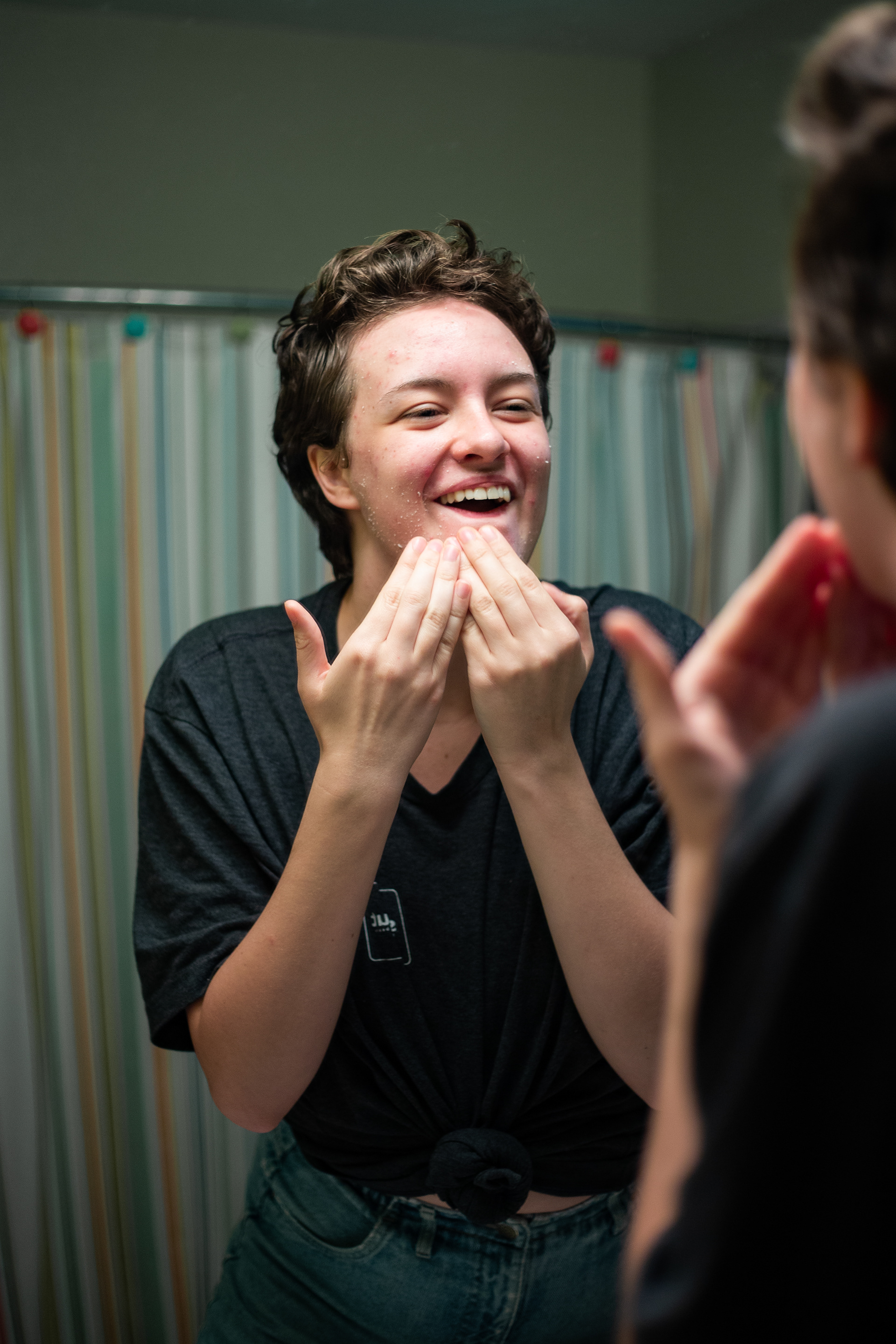
“I think that they (acne/facial scars) are highly common, but there’s still a lot of shame around it. You can take perfect care of yourself, eat the right things, drink plenty of water, use the right products, and still have a breakout and people will assume that you’re just not taking care of yourself.” - Jenny
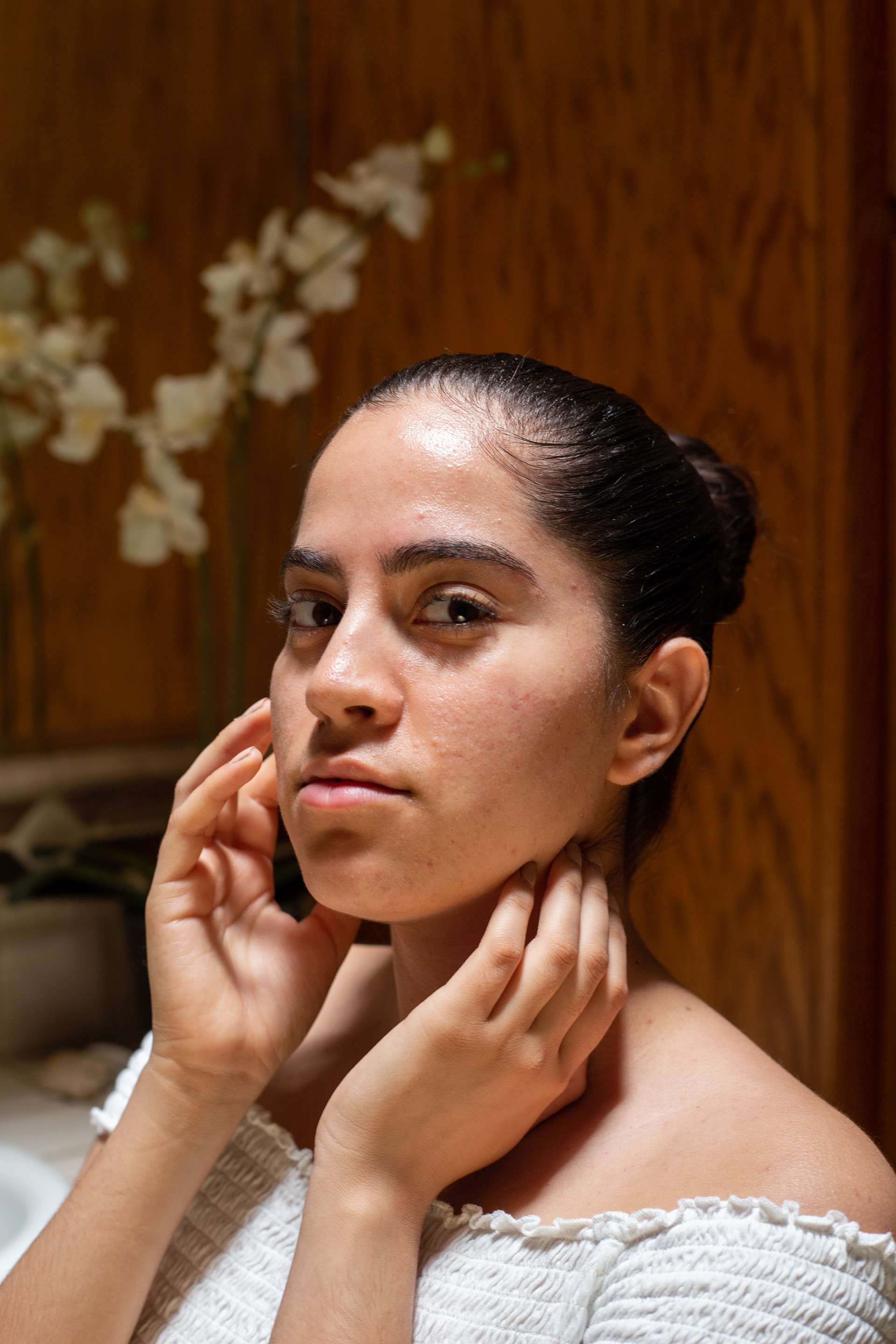
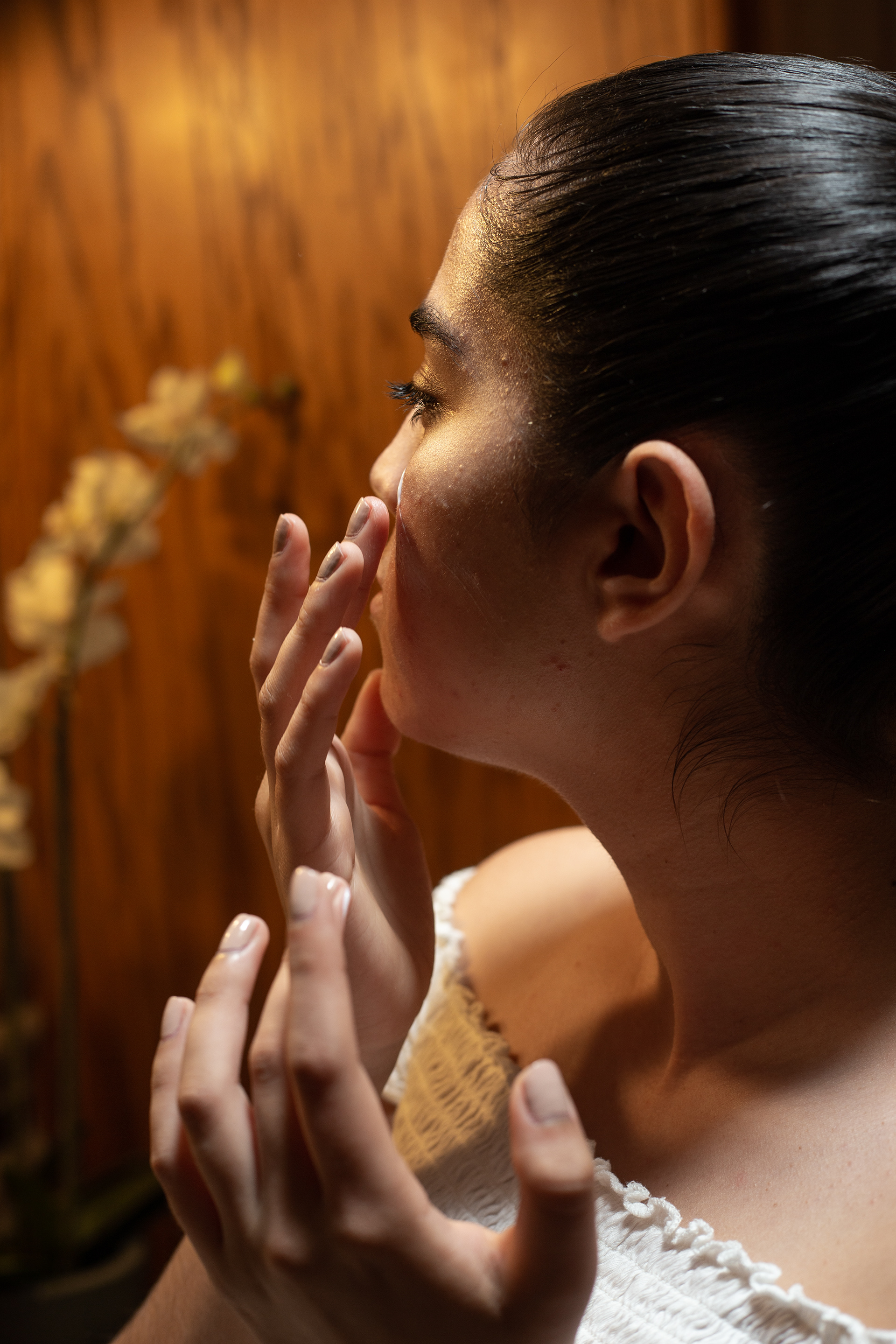
“I 100% believe that social media, television, movies, and ads have influenced my self-image and how I feel about my acne. On television it is rare to see someone with acne or facial scars. It makes you wish that you had skin like they did. I believe that social media has the greatest impact on self-image because many people post on there their edited pictures and it makes you wish that you had their skin.” - Mary
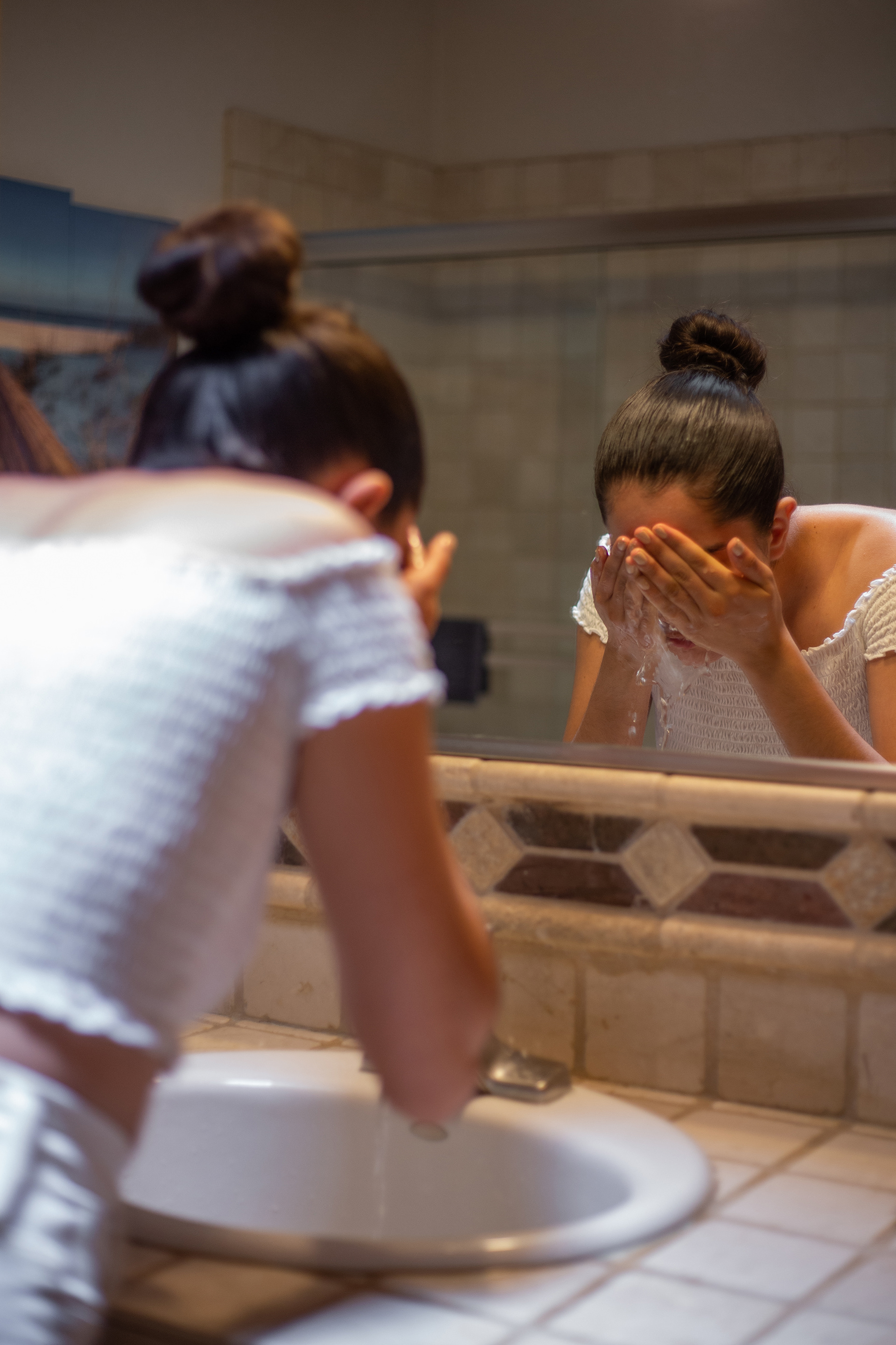
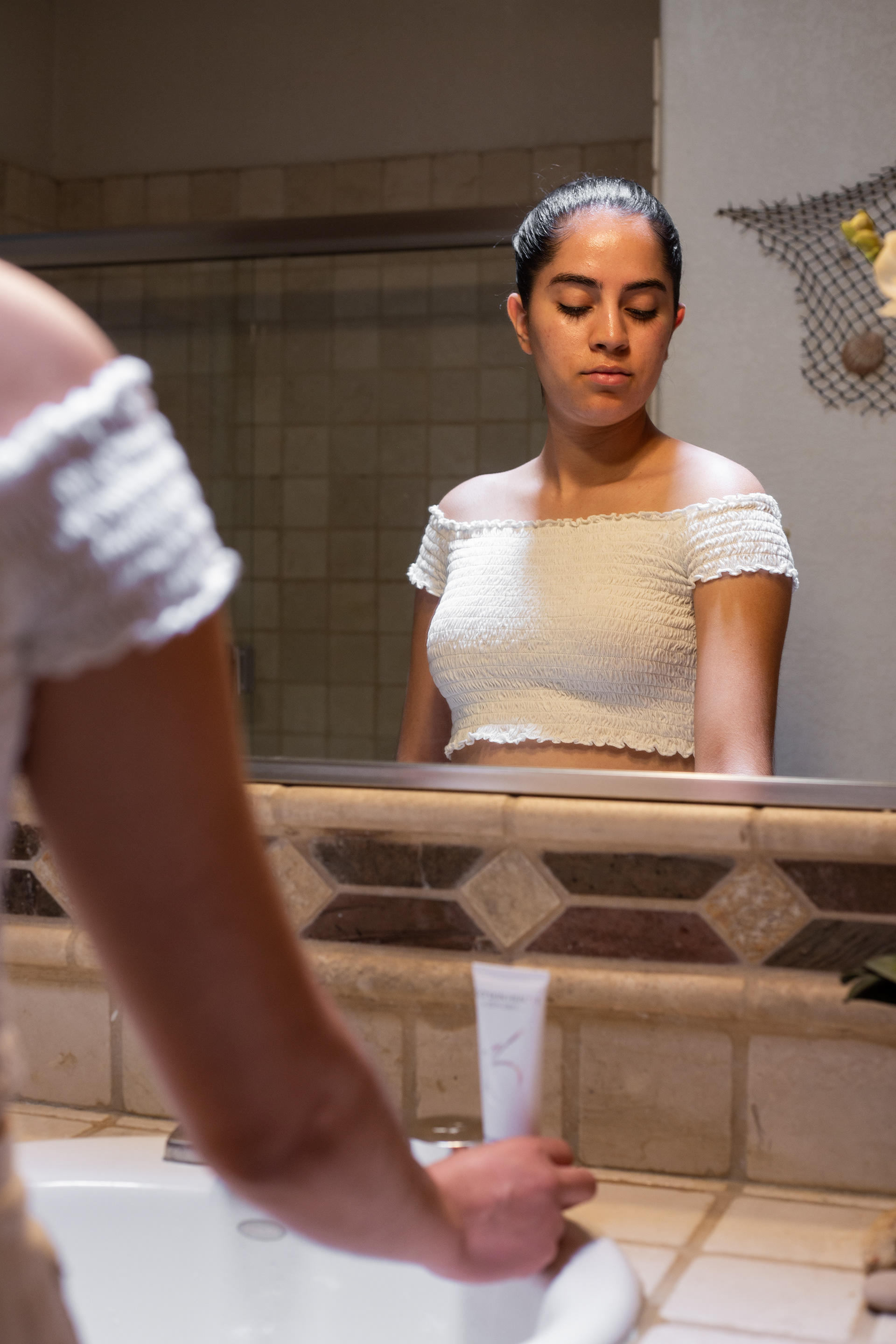
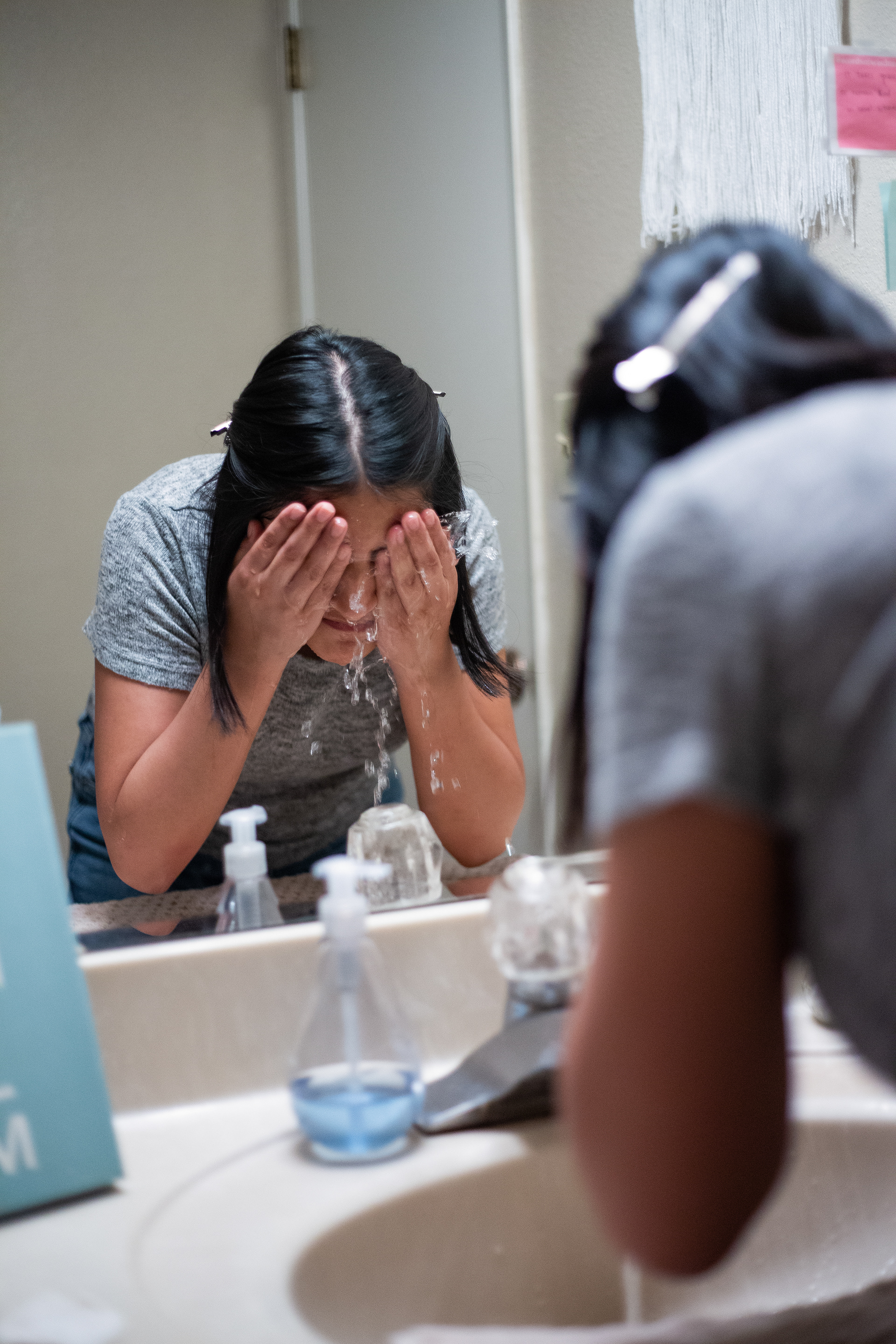
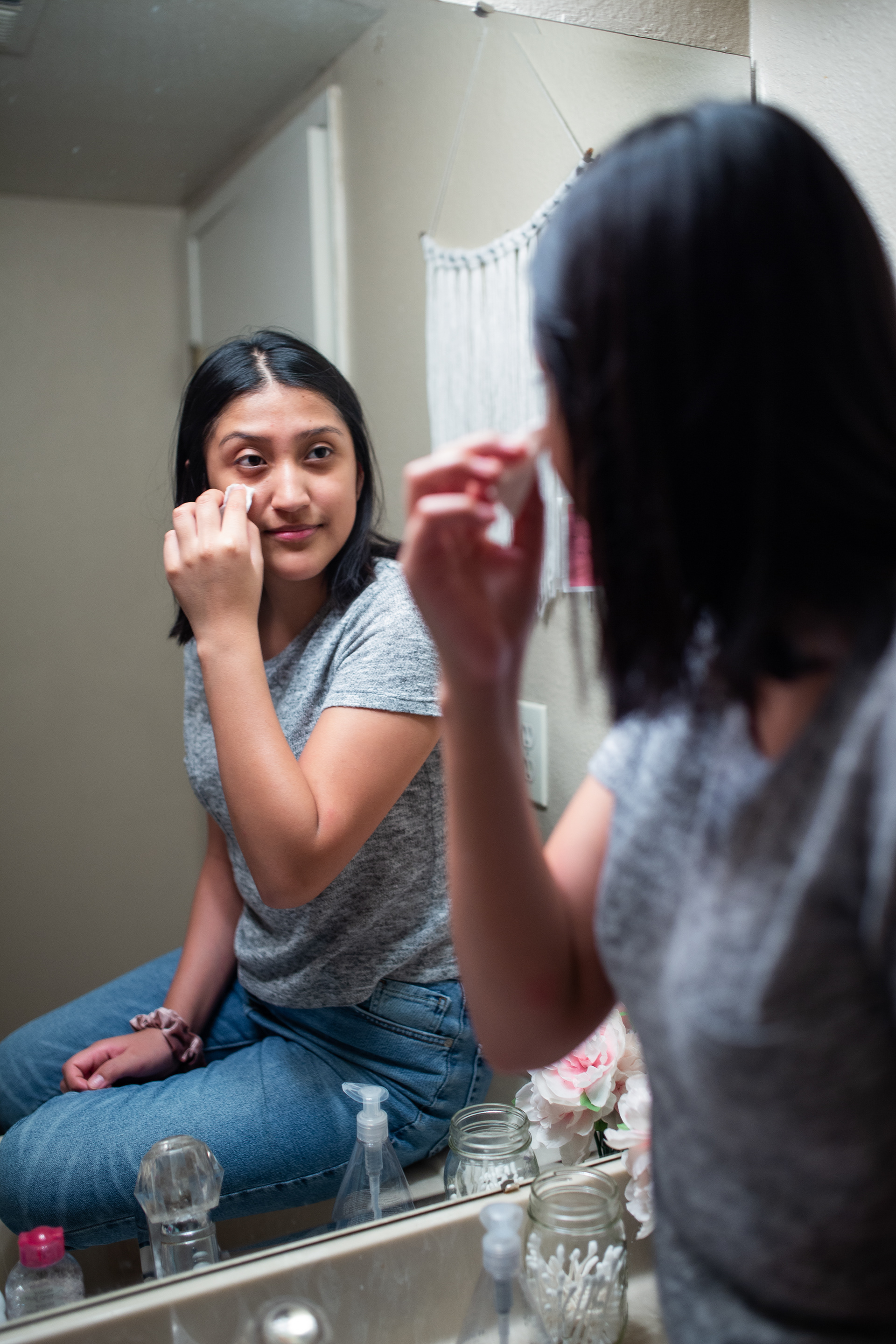
“I think it (acne) is very common! I would like it if people talked about it more so that we can become more comfortable in our own skin.” - Janelle

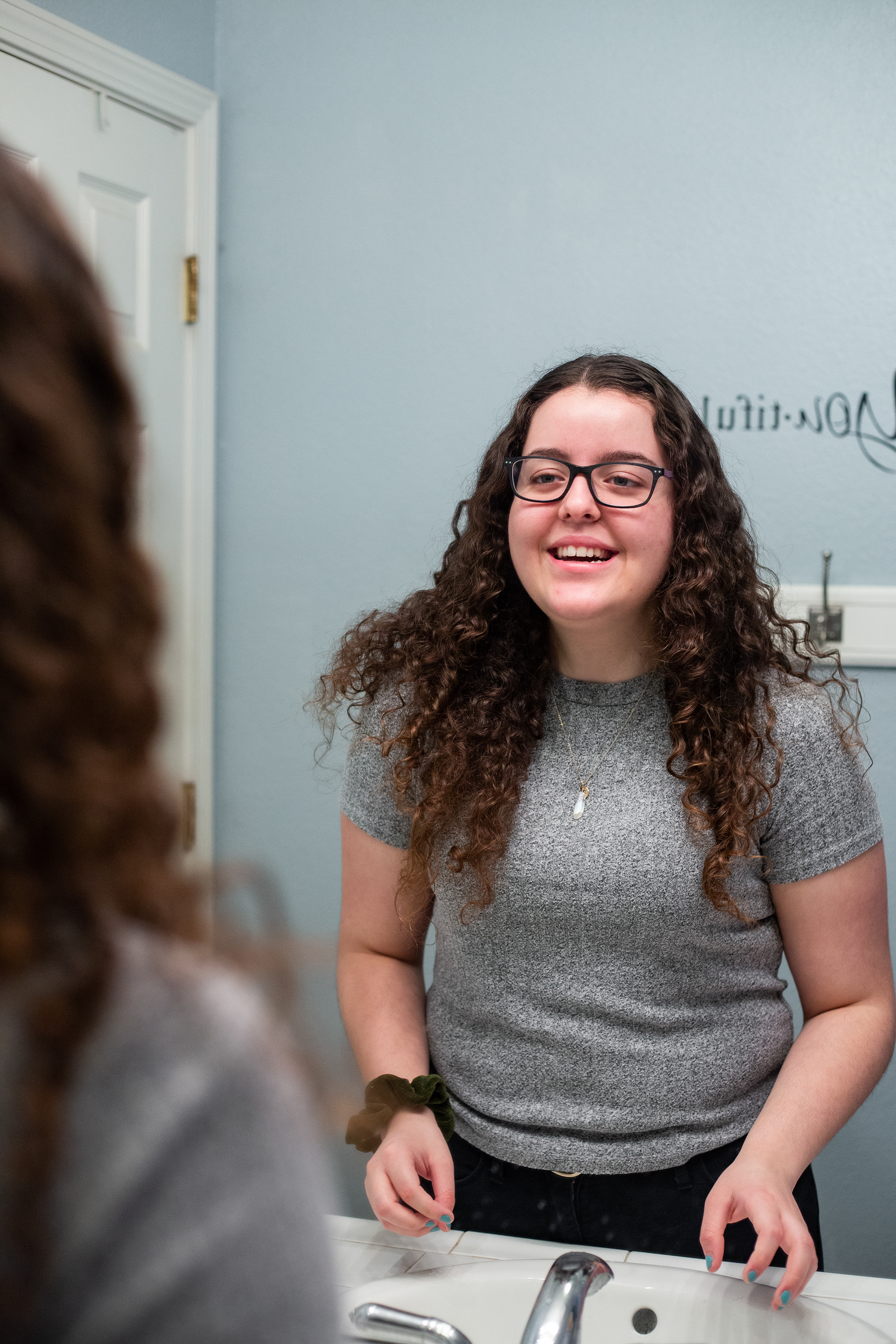
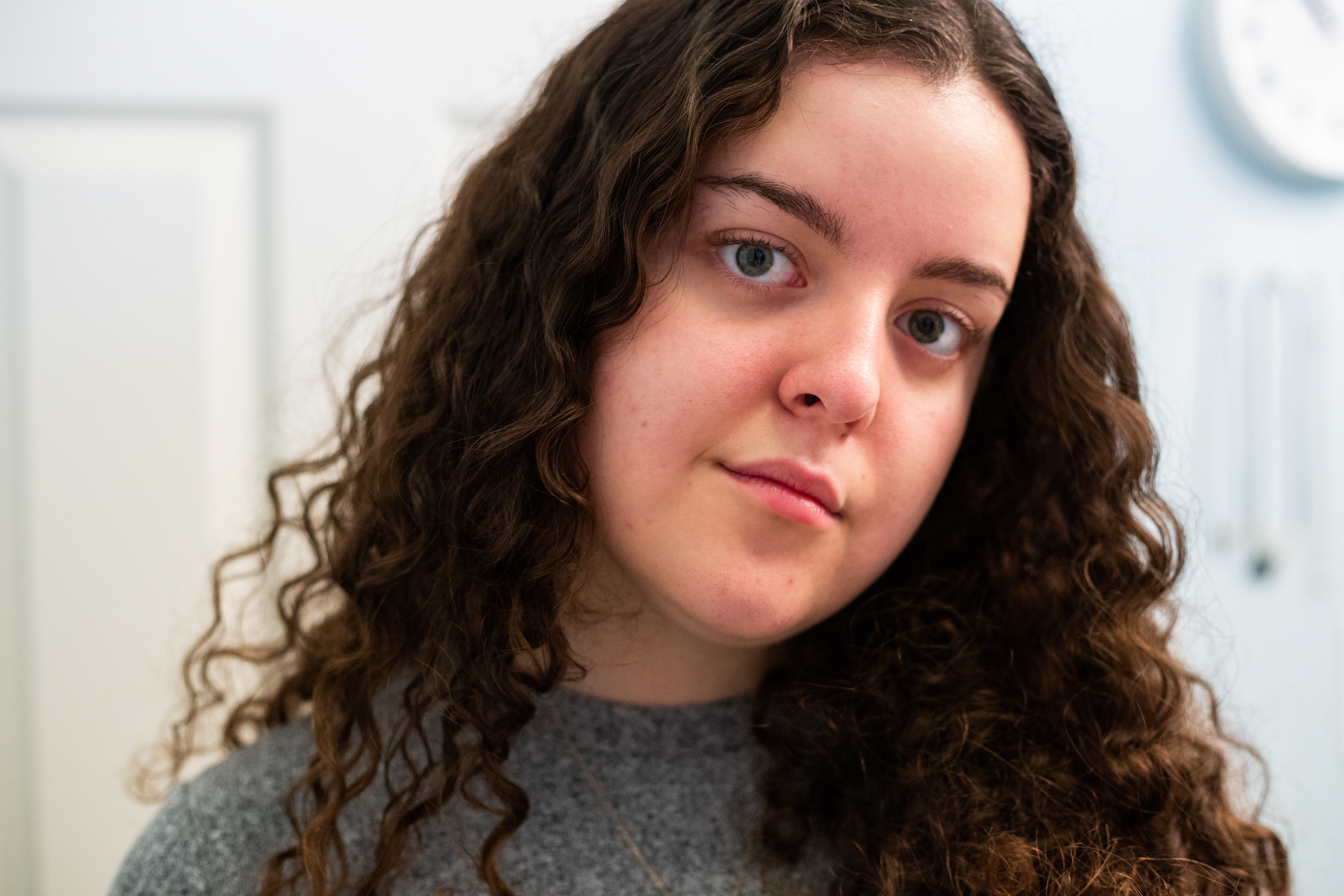
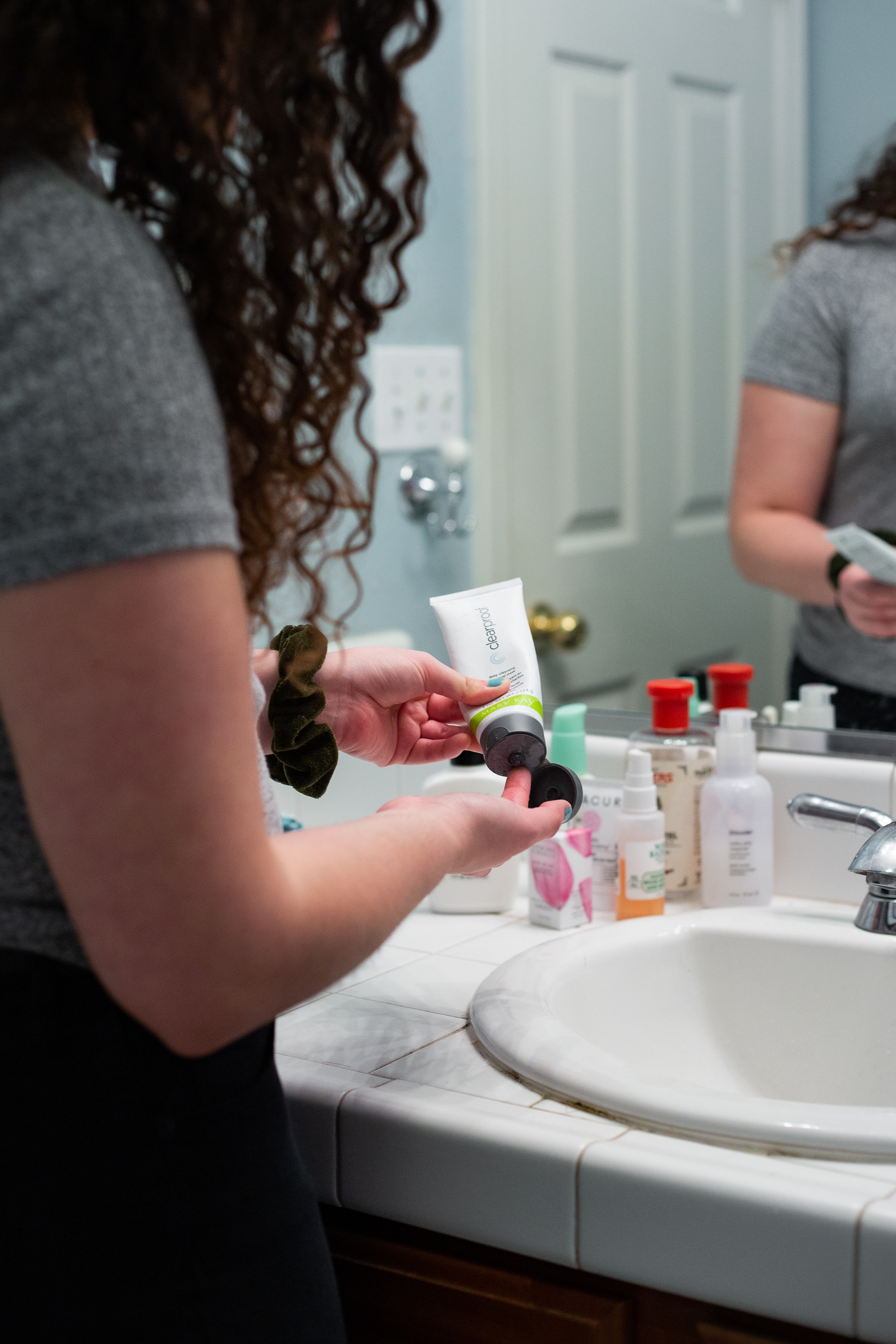
“There are standards to how a person should look. I think that by wearing makeup and covering up acne/scars, it makes me fit into those standards. In a way, I think it’s also to look more presentable. It’s really hard not to feel conscious but I think lately, I’ve come to accept and love the way I look more compared to before.” - Elisabeth

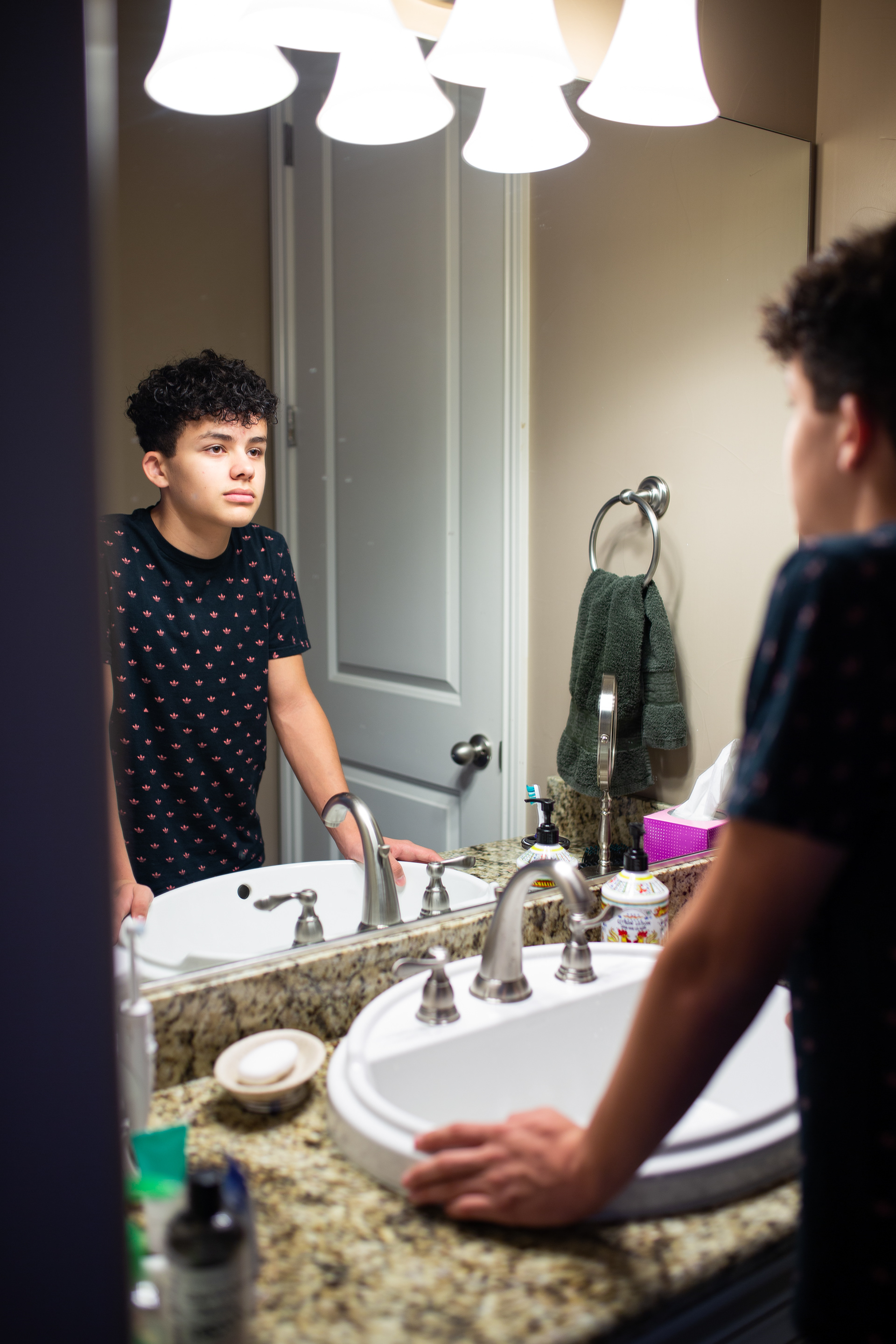
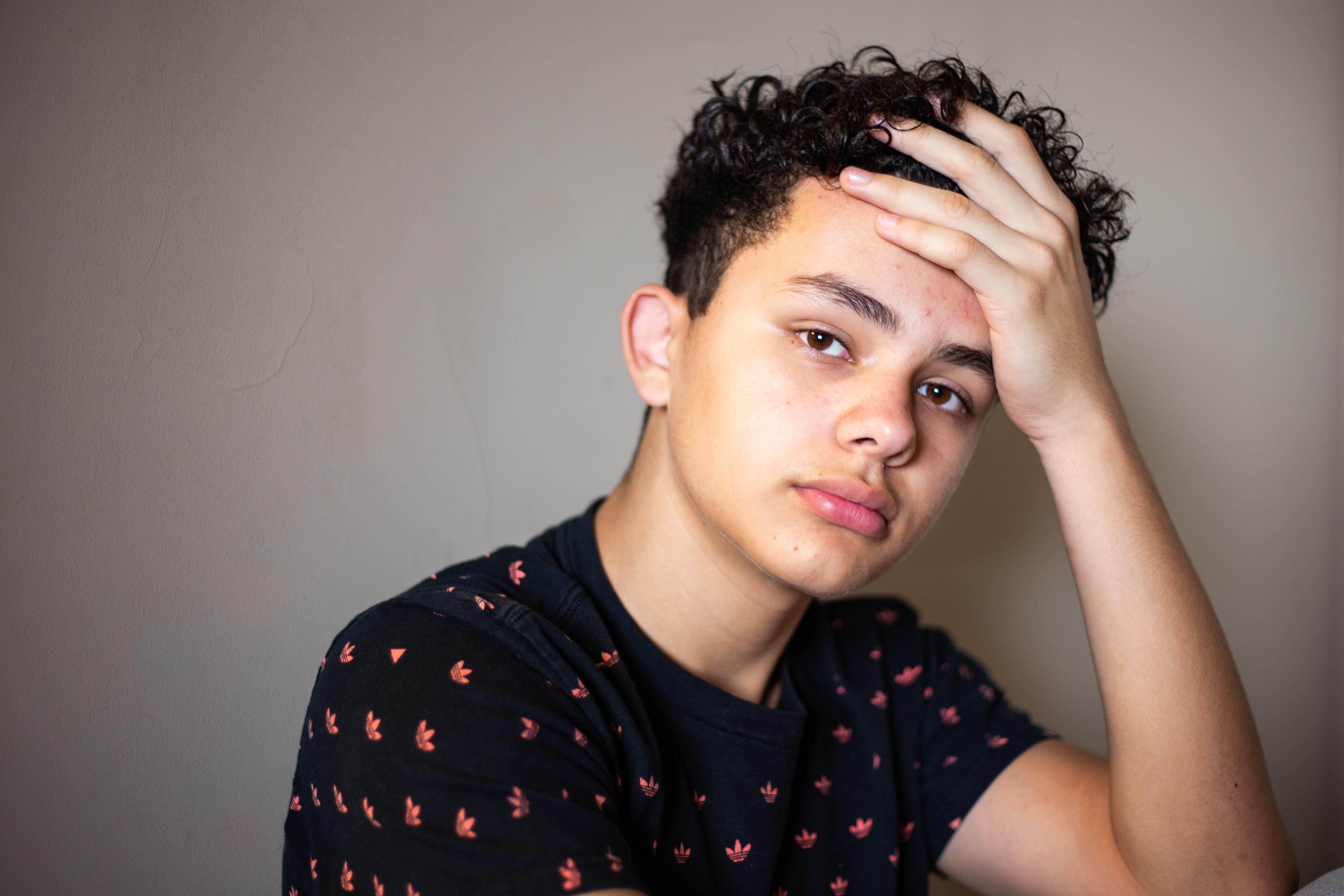
“There has been a time where my routine wasn’t working out for me and I had to change from face cream to pills and I was needed for blood work every five months." - John


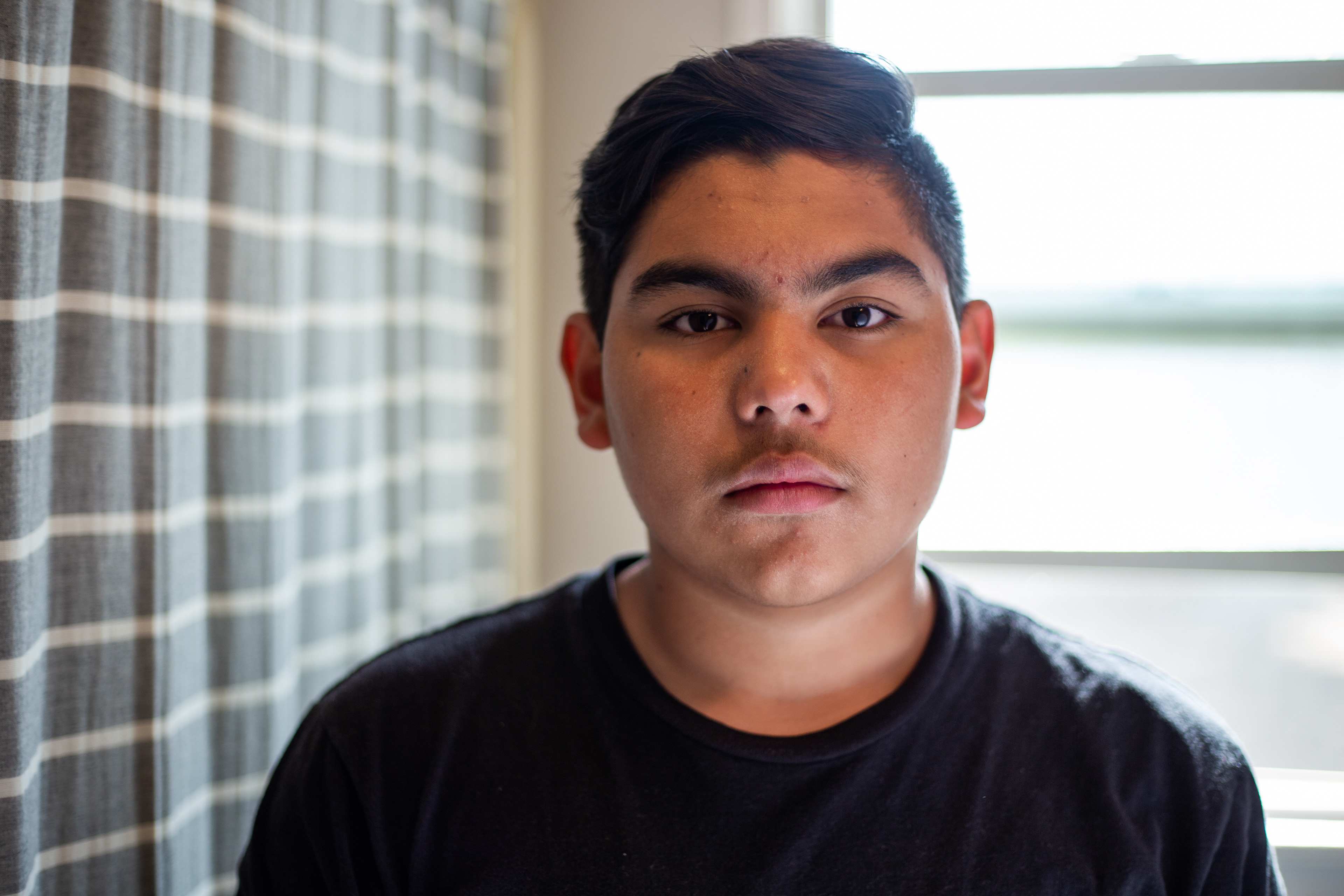
“Sometimes when I wake up and I have new pimples or a breakout on my face, I feel self-conscious that day, especially if i’m at school. For me, waking up with bad skin really sets a bad mood for the day. It kind of starts a spiraling cycle of noticing and criticizing my flaws.” - Leia

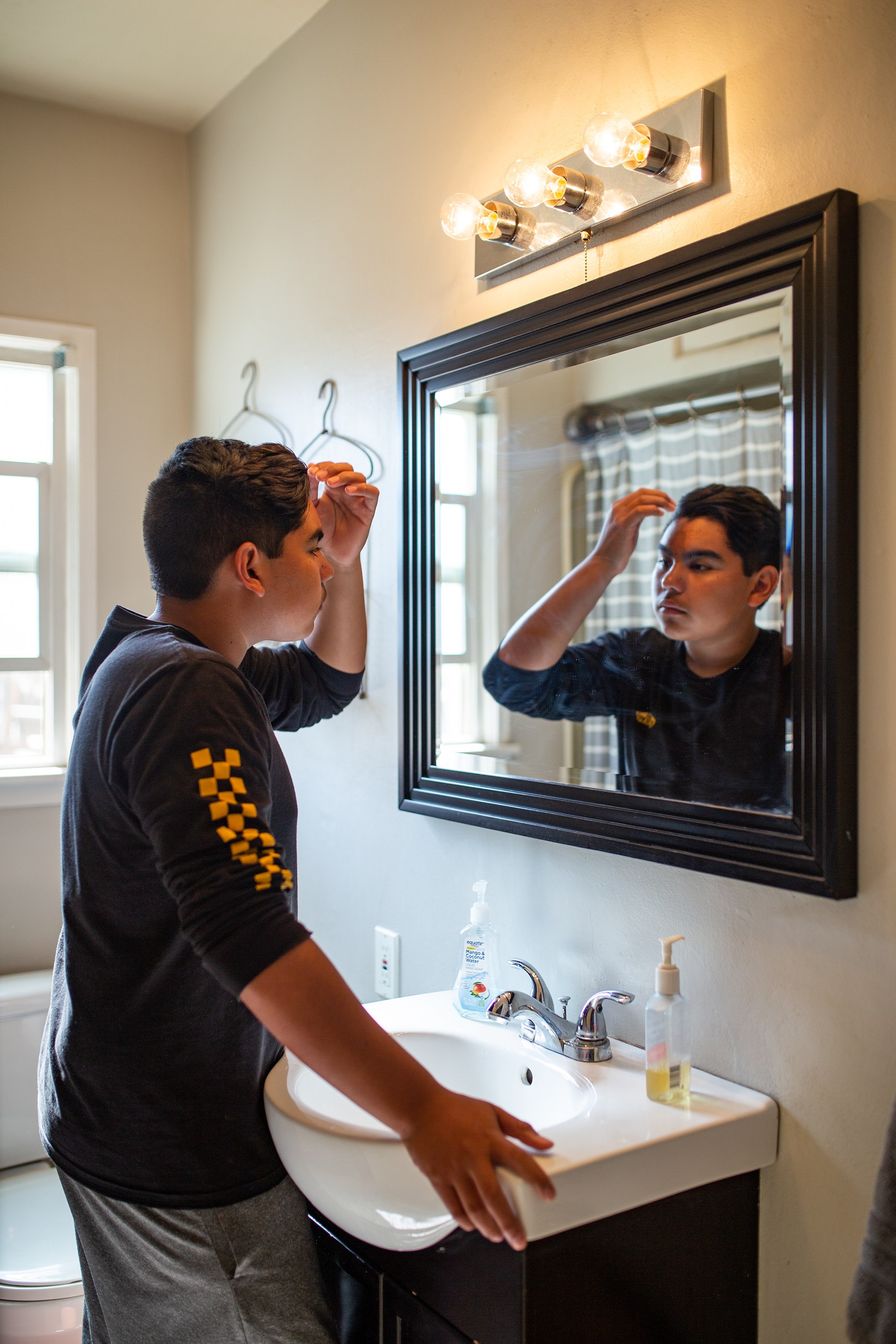
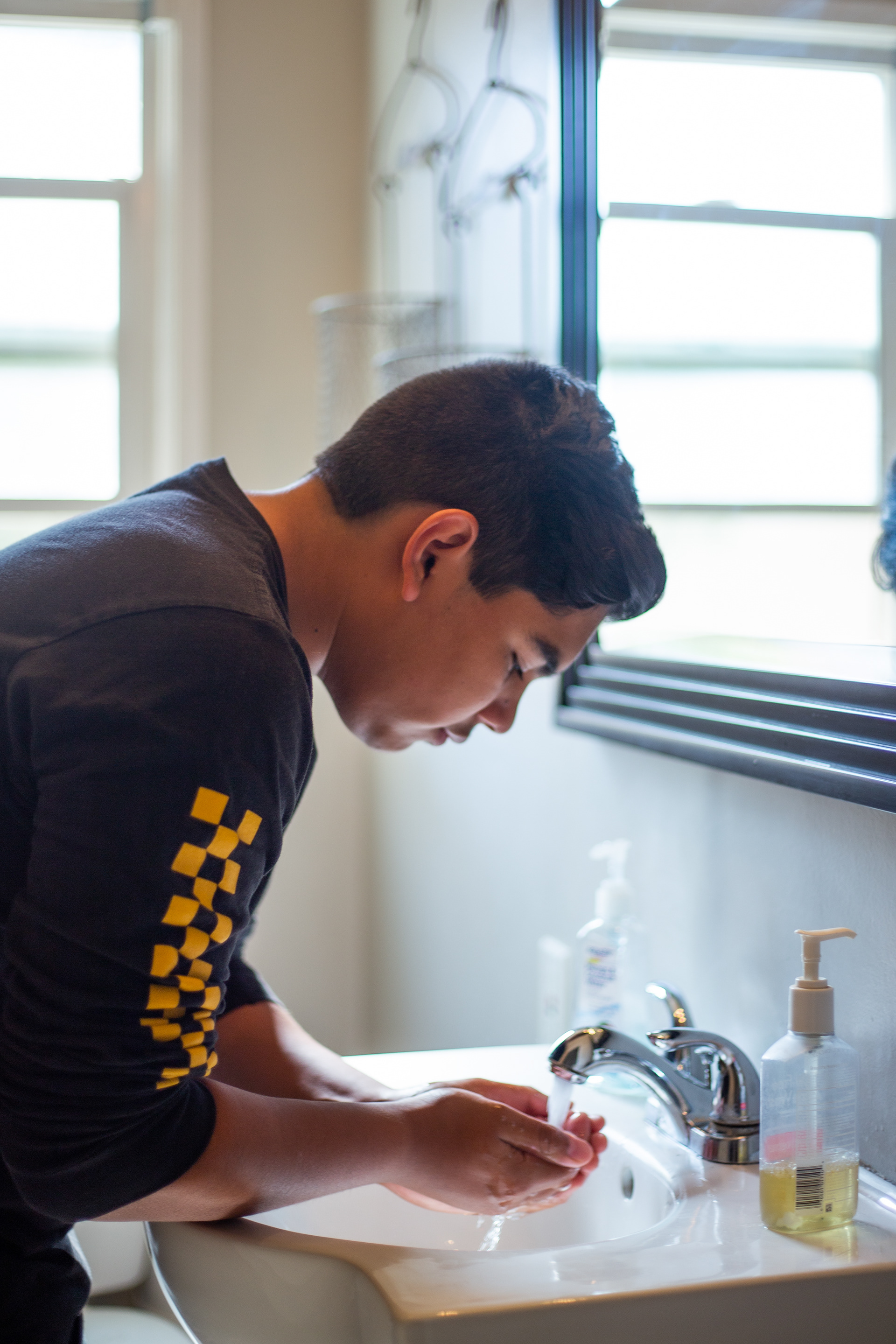

“I think it’s (acne) slowly becoming more commonly seen but obviously not as much as it probably should. Actors and actresses seem to always have flawless skin, people still hide when a new breakout appears, girls still load on makeup to hide scars and dark circles, I mean insecurities always seem to get the best of us. It’s still the monster that every person tries to hide. I’m not sure this will ever change but I do hope people can learn to love themselves regardless.” - Sarah
